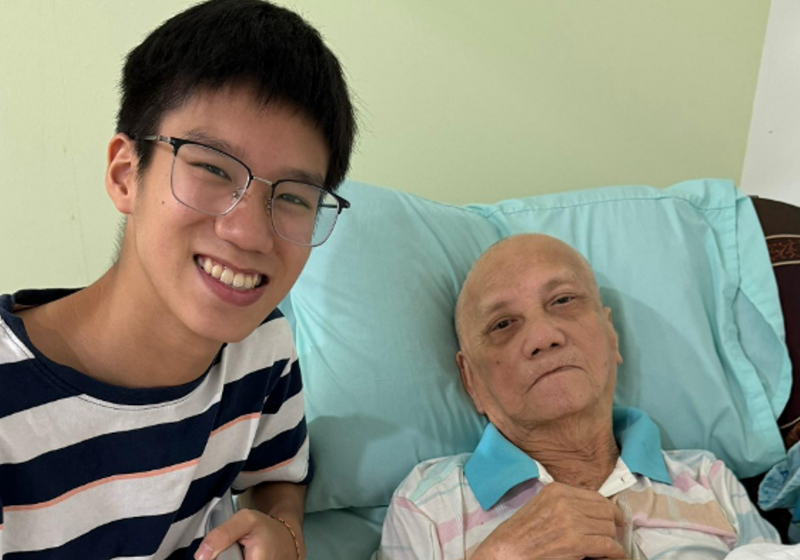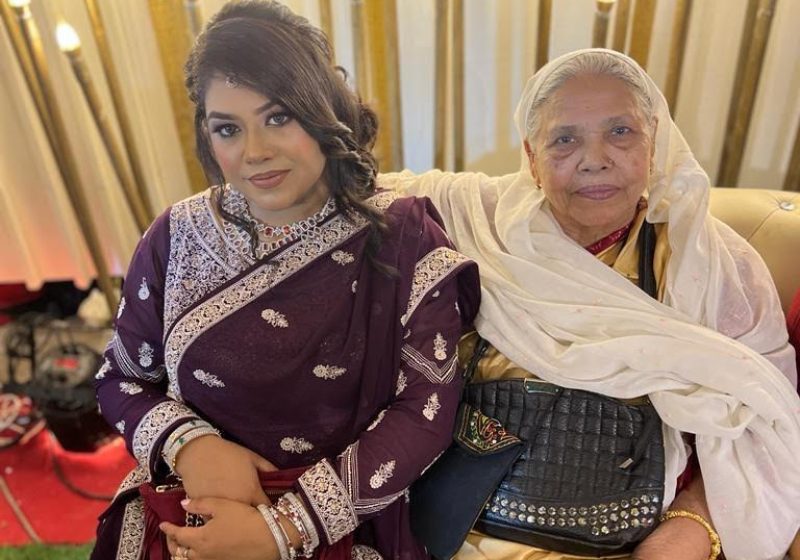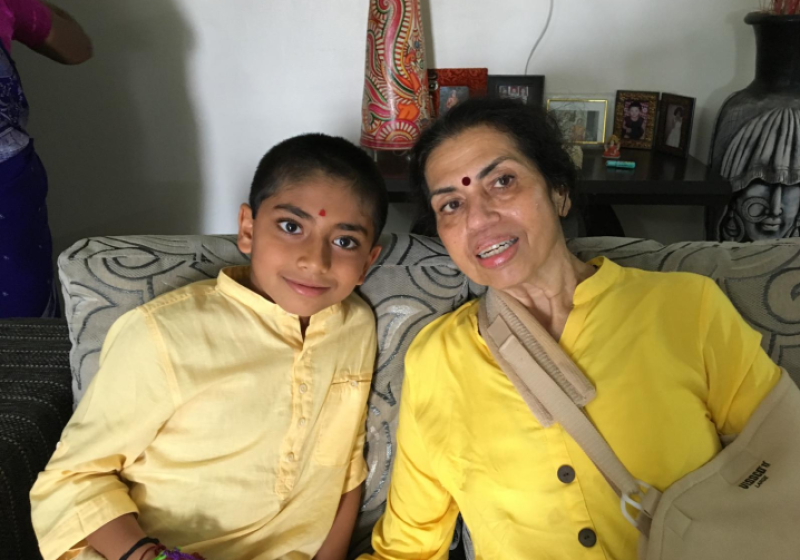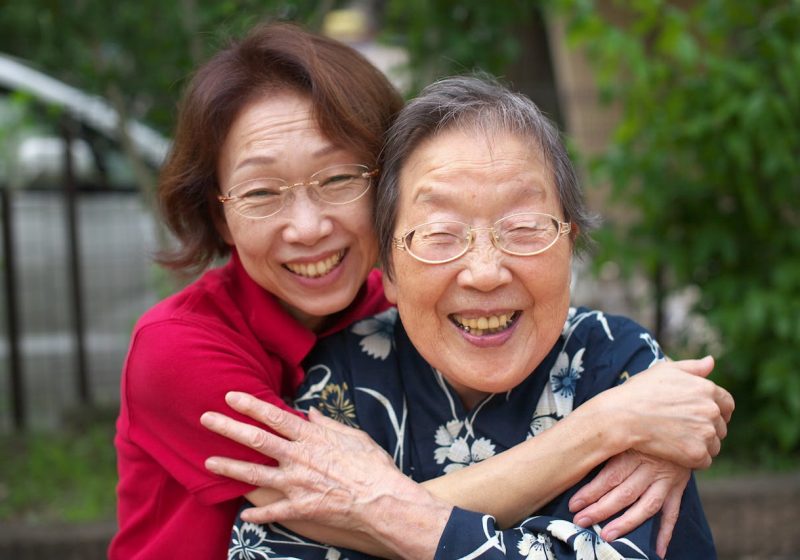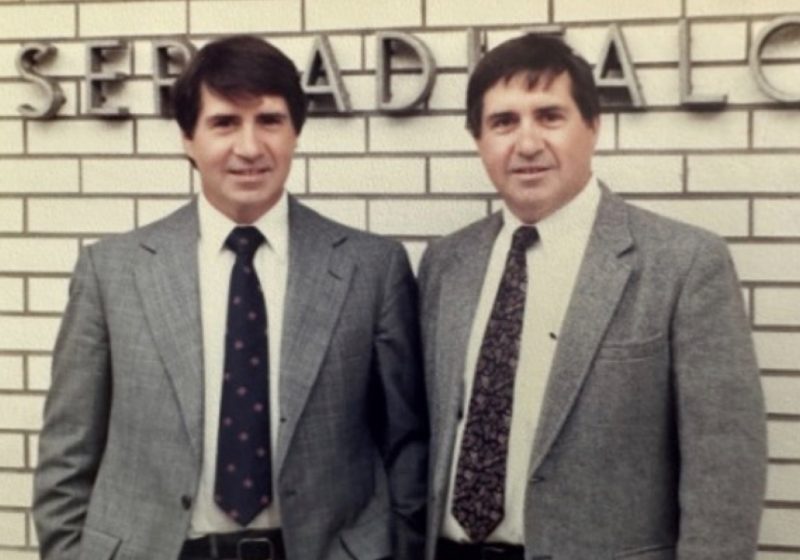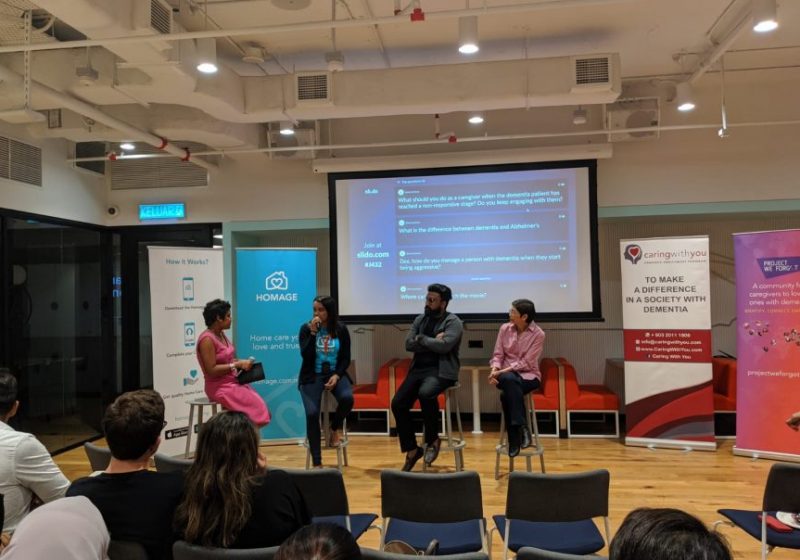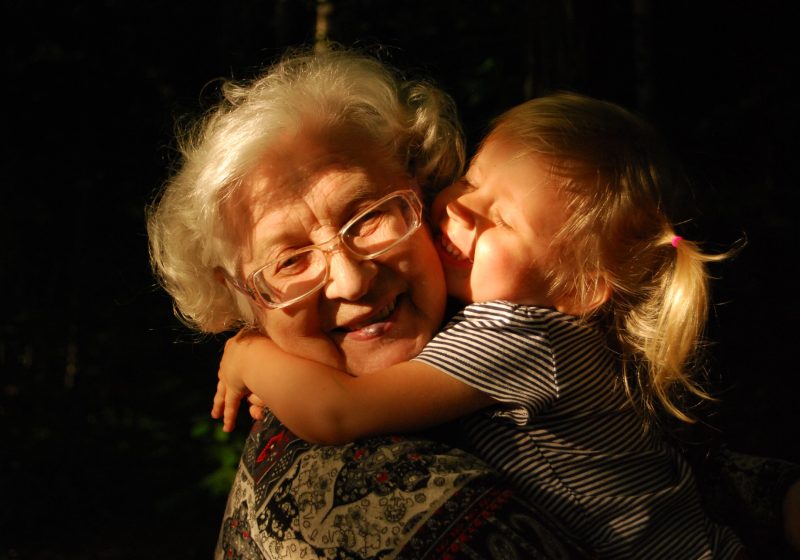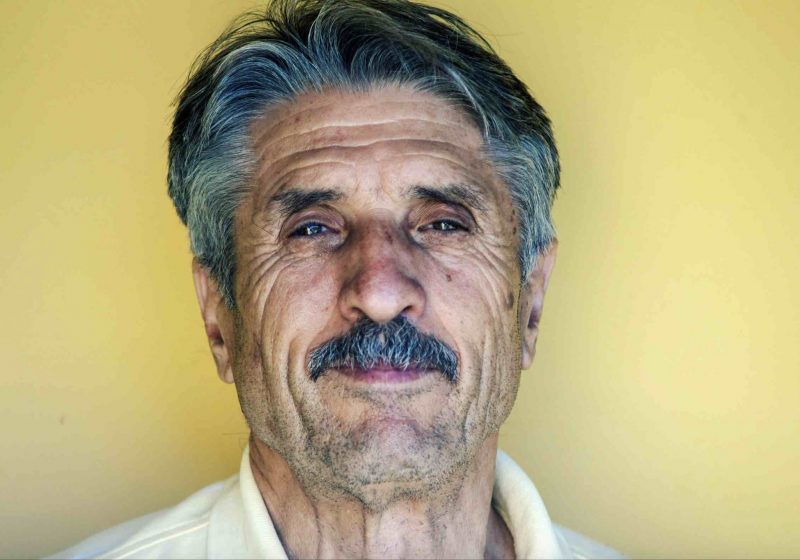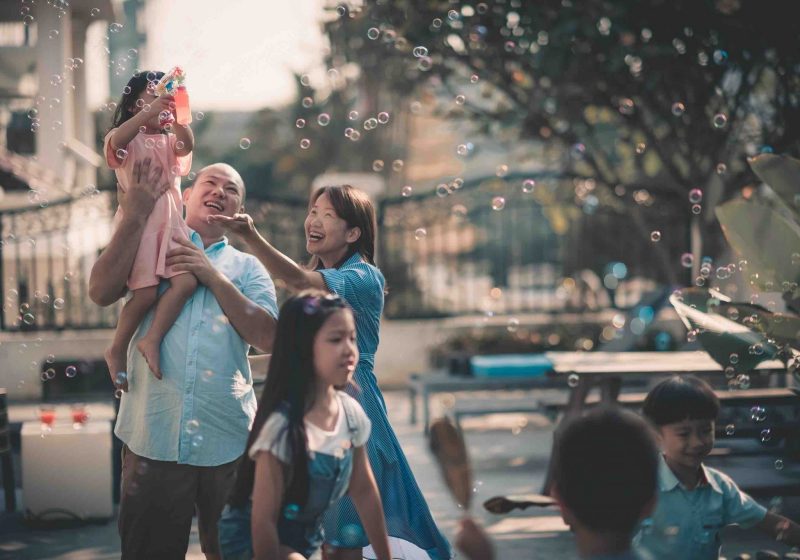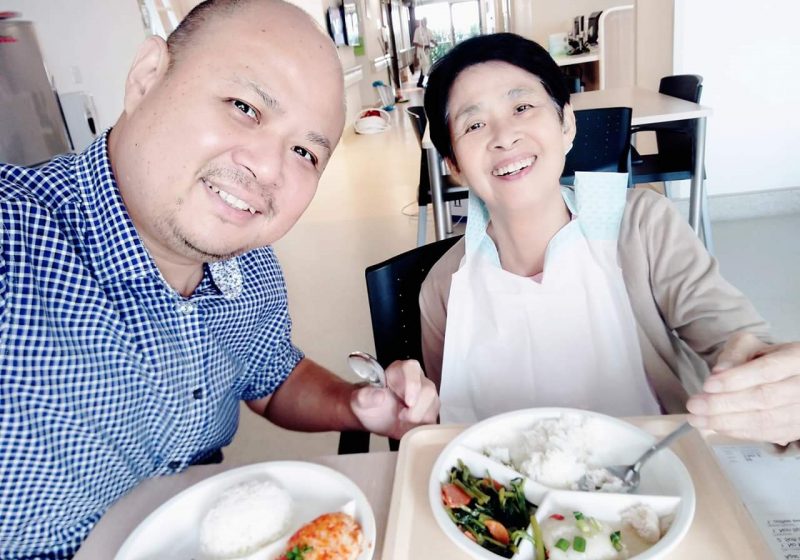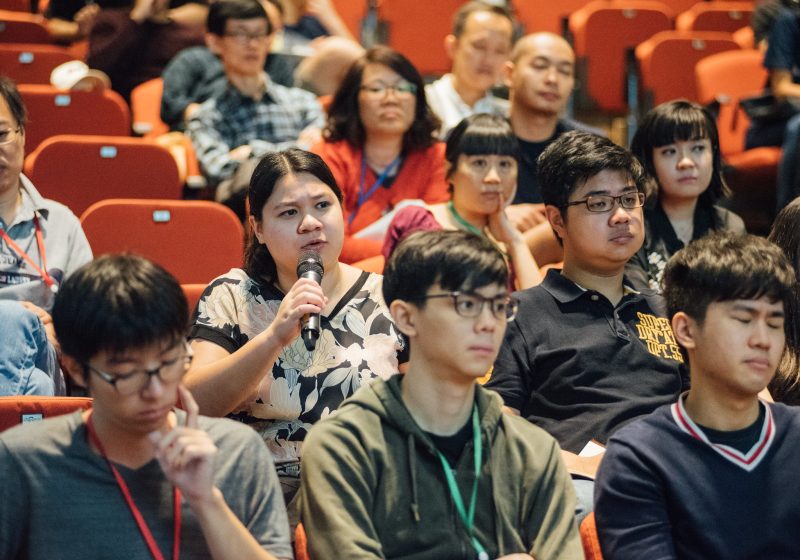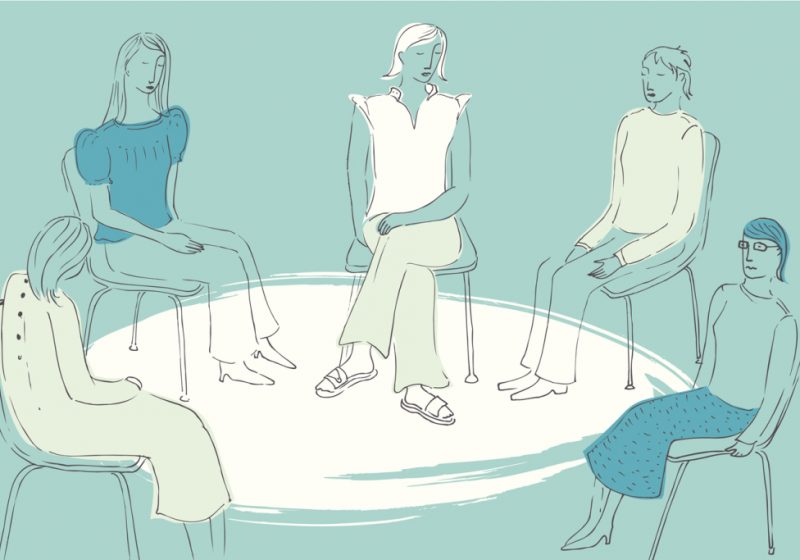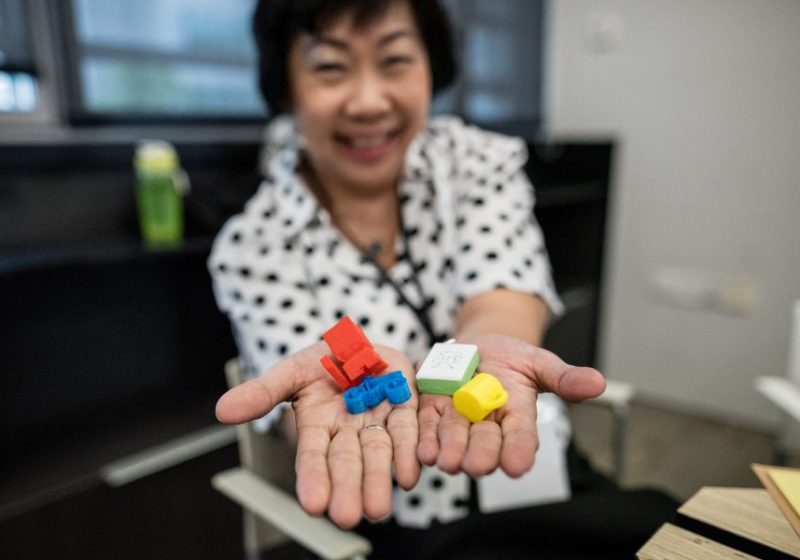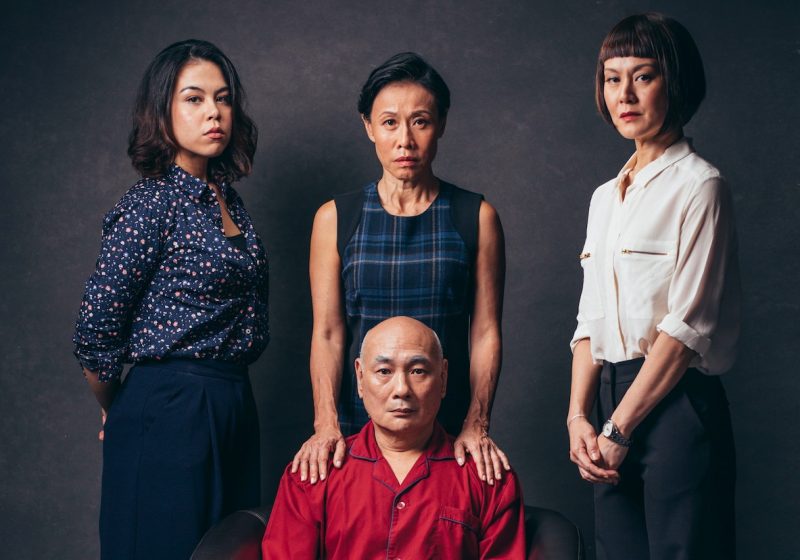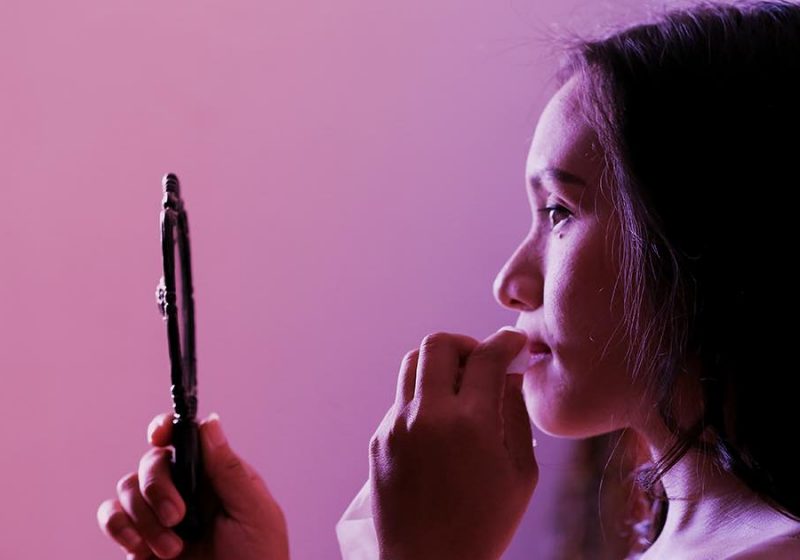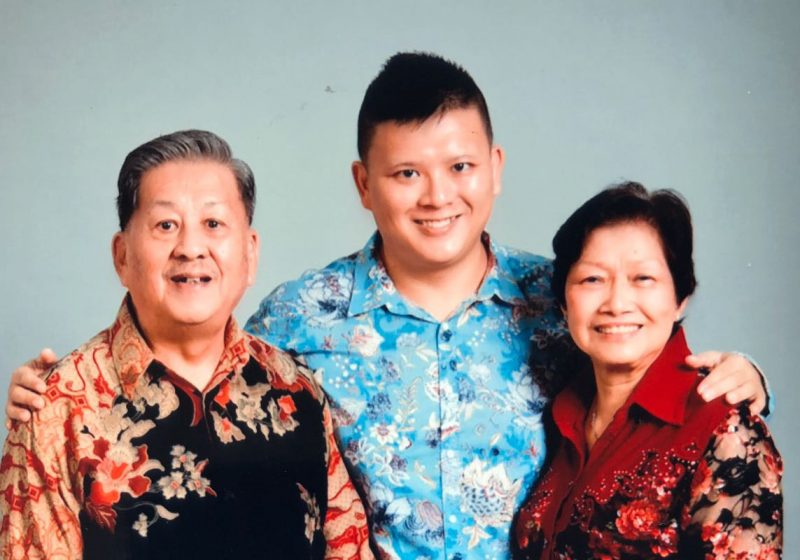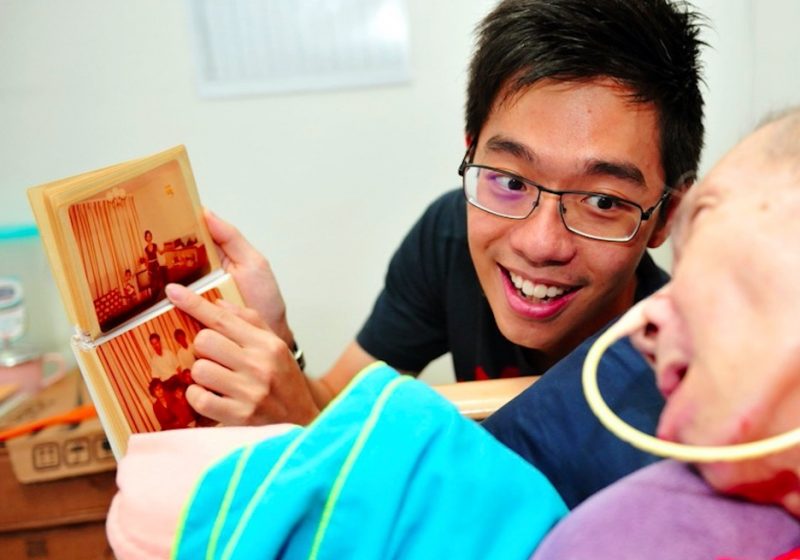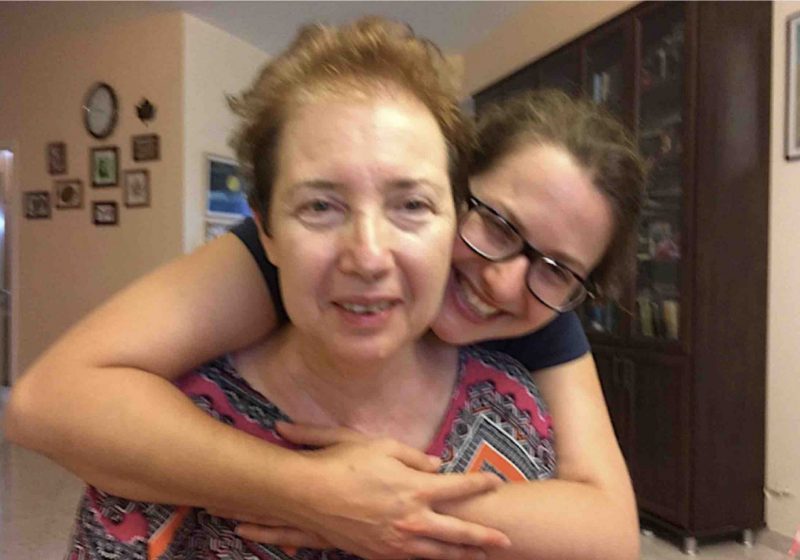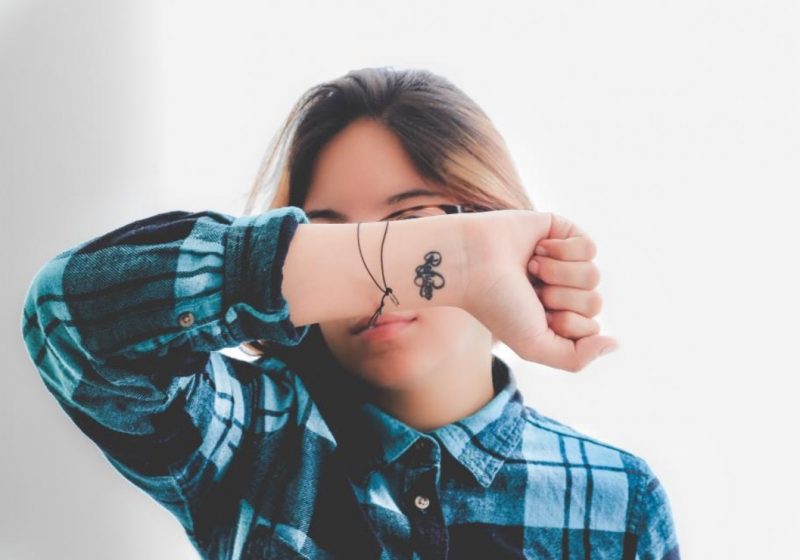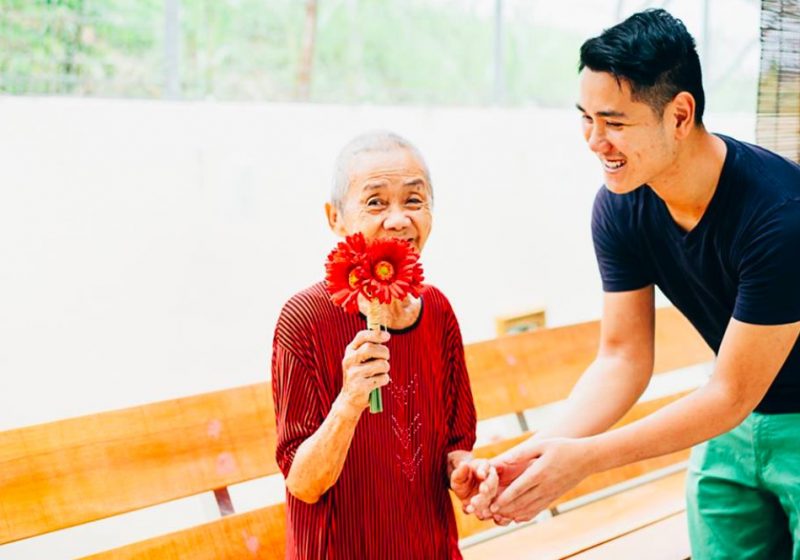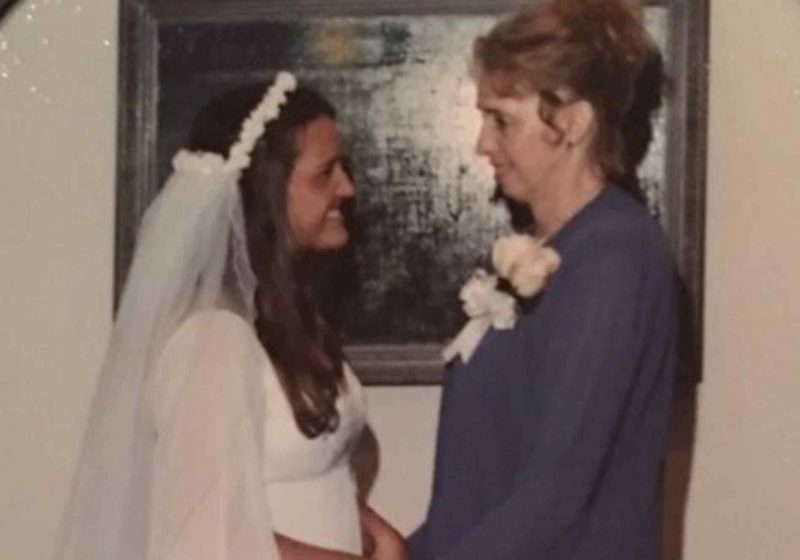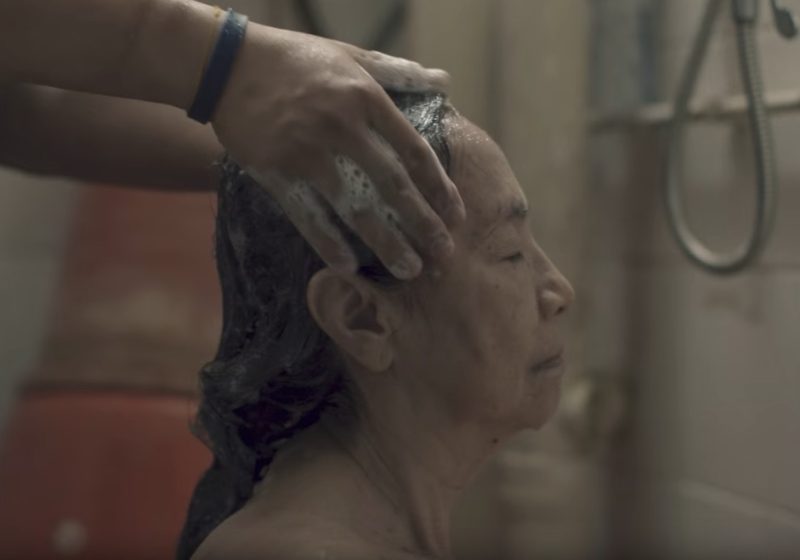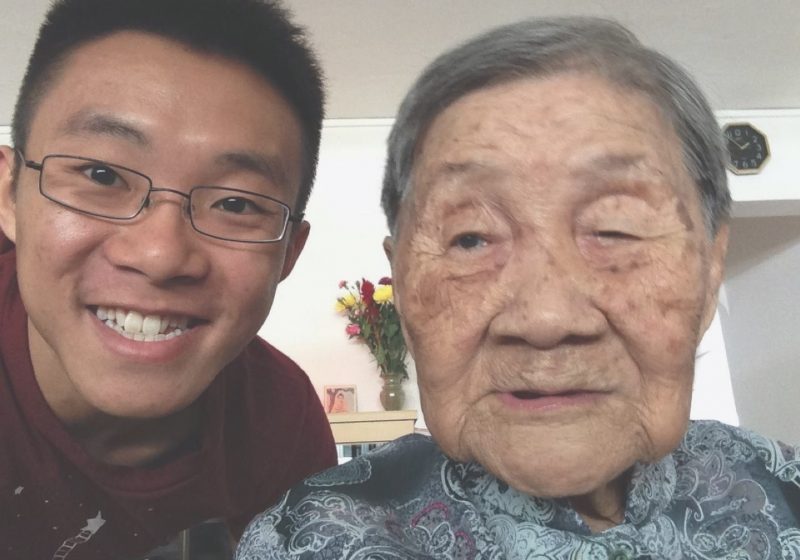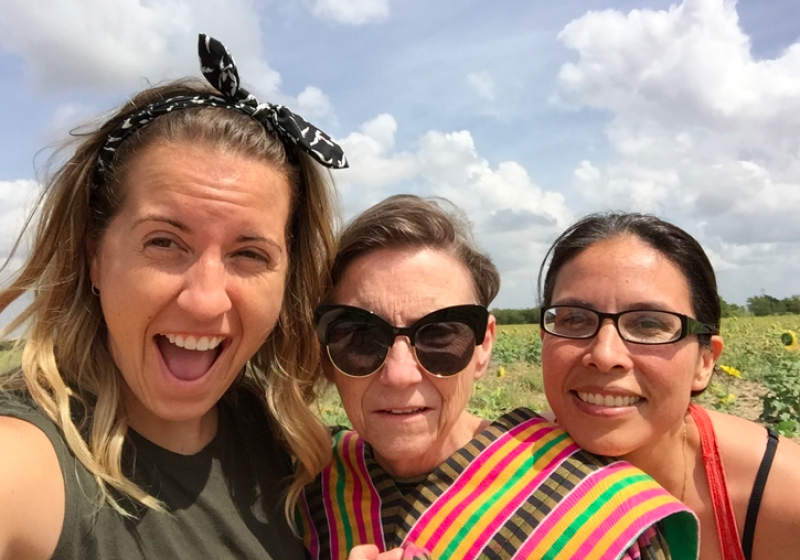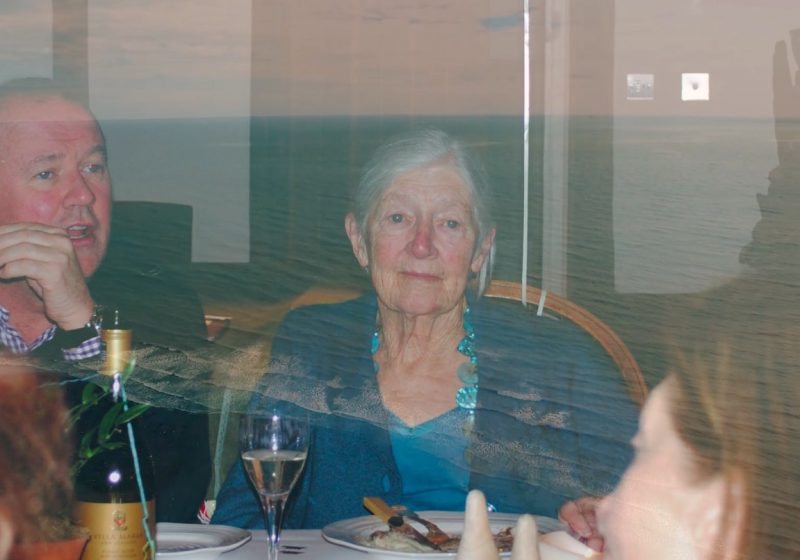Tamas Tatai was 41 years old when he moved from the UK back home to Hungary to care for his mum who was diagnosed with dementia. He has stepped up to help raise awareness of dementia in Hungary and has worked with catering schools to help educate the students on the topic of dementia. He talks about his journey and why he thinks it is important to educate the younger community.
By Tamas Tatai
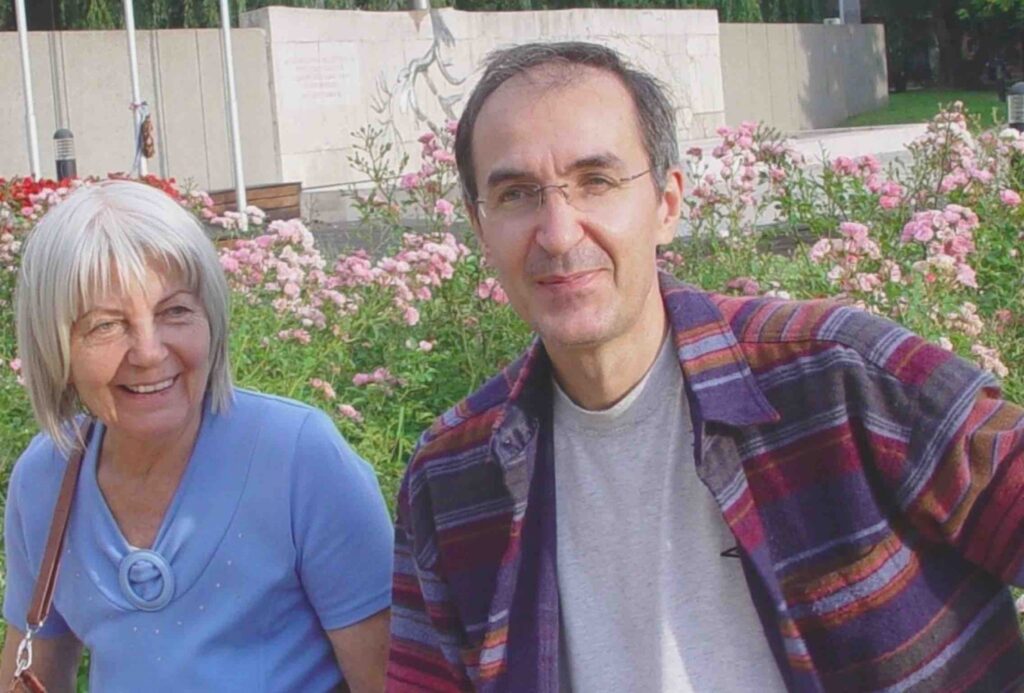
I was 41 years old when my mum was diagnosed with dementia at age 65. This came unexpectedly and I was extremely shocked to hear when the doctor discussed her diagnosis with me. I had little knowledge around dementia and only knew that it would eventually mean my mum would forget who I was.
I was living and studying in the UK at that time and started combing the web to find information that could support my questions as to why my mum had it and how I could support her better. I was also trying to look for ways she could be supported back home, in Hungary. That was when I found out that little was done around the space of dementia care and education. I wanted to find a way that I could help raise awareness of this issue back home.
I started researching on the innovative dementia projects happening around the world with the goal of producing a documentary film to help educate the community in Hungary on the impact of dementia and what can be done. The more I learned about the condition the easier it became to accept my mum’s diagnosis and support her in leading a happy life. It was, and still is, very important for me to focus on the skills my mother can retain rather than think of what she cannot do anymore.
During my research for the documentary, I chanced upon the concept of Alzheimer Café in the UK which was unheard of in Hungary at that time. I was in the midst of my move back home so that I could care for my mum, but I had the opportunity to participate in one of the sessions before I left the UK. I wanted to bring the concept to Hungary because I knew that it would help raise awareness around the topic.
“While I wouldn’t classify myself as a “young” caregiver, I feel that I would have been able to deal with my mum’s diagnosis better if I had been educated at a younger age on what dementia was and how I can deal with it as a caregiver.”
Caring for mum with dementia
When I was caring for my mum during the initial stages, I always made it a point to travel with her on public transport. This kept her active and she enjoyed it. It helped to keep her depression away and kept life as normal for us as possible.
When my mother’s condition progressed, we spent more time at home. I contacted our relatives and friends to tell them about my mum’s condition and was hoping they would come to visit. Some of them visited us only once, but most have never come. It seemed like they had decided to cut us out of their lives and we felt very alone on the journey.
Another struggle came when mum’s sleeping patterns changed. Some days she slept so well, but there were other days when she could not sleep at all and would stay up through the night. She started taking medication to help with her sleep and I was worried that she might fall. I started developing insomnia because I was trying to make sure that she was fine.
The biggest struggle was being stigmatised and excluded from society. People just didn’t understand what was happening.
Why it is so important for the young to be educated
While I wouldn’t classify myself as a “young” caregiver, I feel that I would have been able to deal with my mum’s diagnosis better if I had been educated at a younger age on what dementia was and how I can deal with it as a caregiver.
I knew that catering schools have teaching restaurants and I was convinced that we have to educate young people about dementia if we want to reduce the stigma surrounding dementia. I pitched the idea of starting an Alzheimer’s Cafe to the Secondary School of Catering and Tourism in Tatabánya (a city in northwestern Hungary), and they embraced the concept openly. A total of 30 student volunteers stepped up to help support this initiative and we spread the project across 5 sessions.
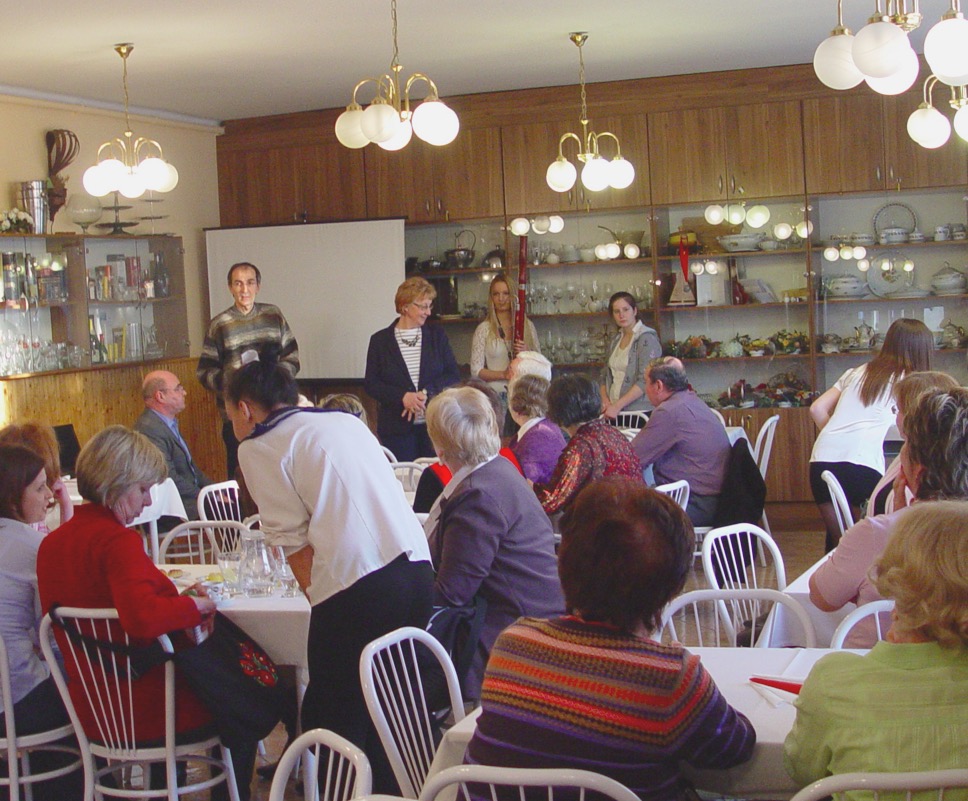
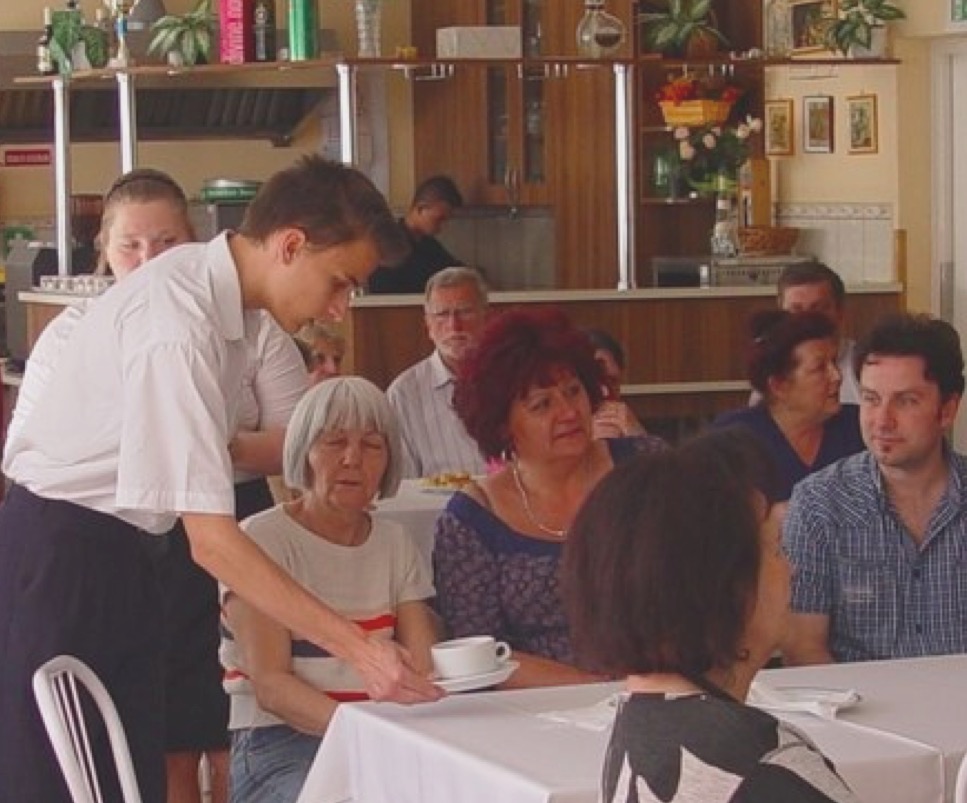


Most of the students shared that they had learnt more about dementia through the experience and some of the students even mentioned that they had a family member or loved one living with a type of dementia.
In Hungary, there has been more talk about dementia in the media over the past two years but dementia education has only just started here. The country does not have a dementia strategy and the condition is not taught in schools. While the Alzheimer’s Café project in Hungary was a one-time activation, I hope that we can introduce it to other catering schools in the near future.
This project could be the first step in educating the younger community about dementia and in developing other ideas which would allow us to reach out to more members in this generation.
Are you a younger carer with an experience to share? Have you found a way to speak to friends, family, teachers or employers about the struggles you run into as a young carer? We would love to hear your ideas or tips. Reach out to us or comment below to share.


